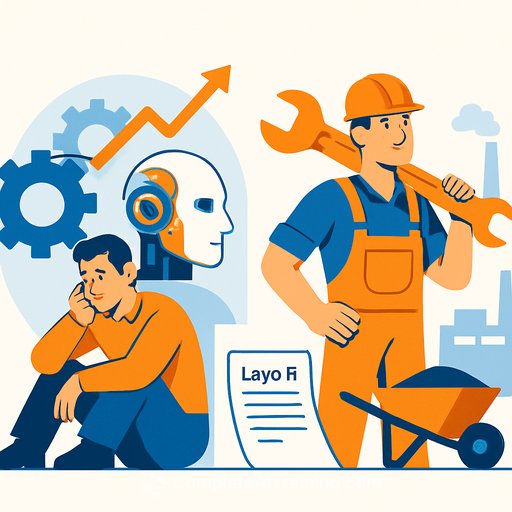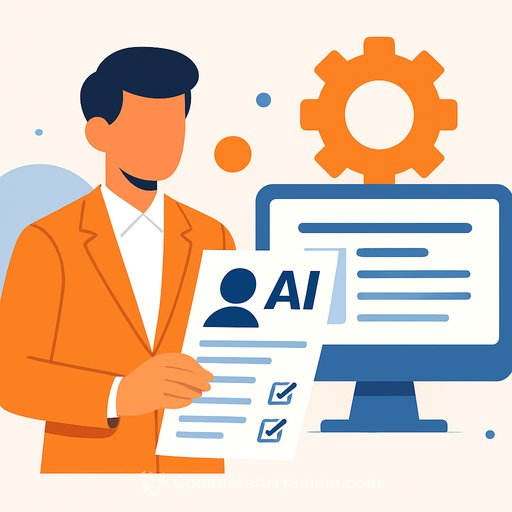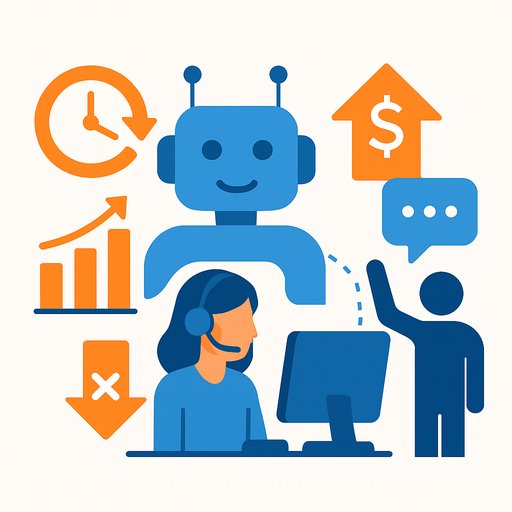AI Exposure Linked to Rising Unemployment in Customer Support and Tech Jobs
A recent study by the Federal Reserve Bank of St. Louis reveals that jobs with higher exposure to AI have seen bigger increases in unemployment over the past three years. Specifically, computer and mathematical occupations—which score around 80% AI exposure—experienced some of the steepest rises in joblessness.
On the other hand, blue-collar roles and personal service jobs, where AI has limited impact, saw smaller unemployment increases. For those working in customer support, this is a clear signal that AI adoption is reshaping the job market landscape.
What AI Means for Customer Support and Tech Roles
The study compared theoretical AI exposure with actual AI use and found that jobs actively using generative AI saw the most significant unemployment growth. This trend is especially noticeable in tech roles like software developers and data analysts.
Workers in these areas expected AI to assist rather than replace them. Yet, while AI tools speed up certain tasks, they also reduce the overall demand for human employees. For customer support professionals, this means AI can handle routine inquiries, reducing the need for large support teams.
Companies Cutting Jobs After AI Investments
Many companies have poured billions into AI technology, but 95% report no return on that investment so far. Salesforce’s CEO Marc Benioff recently confirmed the company cut 4,000 customer support jobs after adopting AI, reducing their support staff from 9,000 to about 5,000.
Benioff expects the balance between AI agents and humans to shift further, expanding beyond support into sales and marketing departments. This highlights a growing trend where AI tools replace repetitive tasks across various business areas.
What You Can Do Now
If you’re in customer support, adapting your skills is crucial. Learning how AI tools work and how to collaborate with them can help you stay relevant. Exploring courses on AI, automation, and prompt engineering can give you an edge.
- Explore the latest AI courses to understand how AI impacts your job.
- Find AI courses by job role and build skills that complement AI technology.
Being proactive with your training can help you work alongside AI rather than be replaced by it.
Your membership also unlocks:





